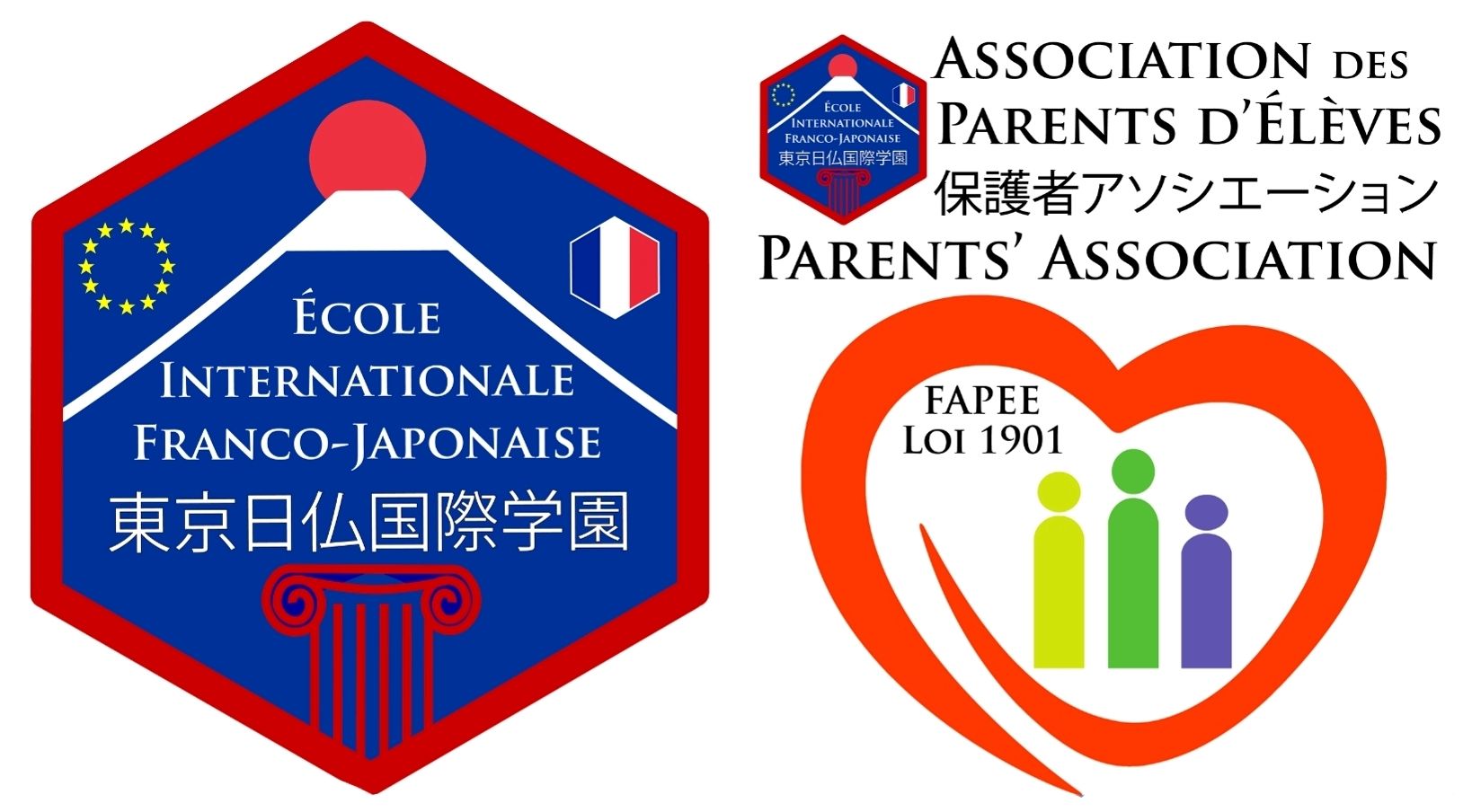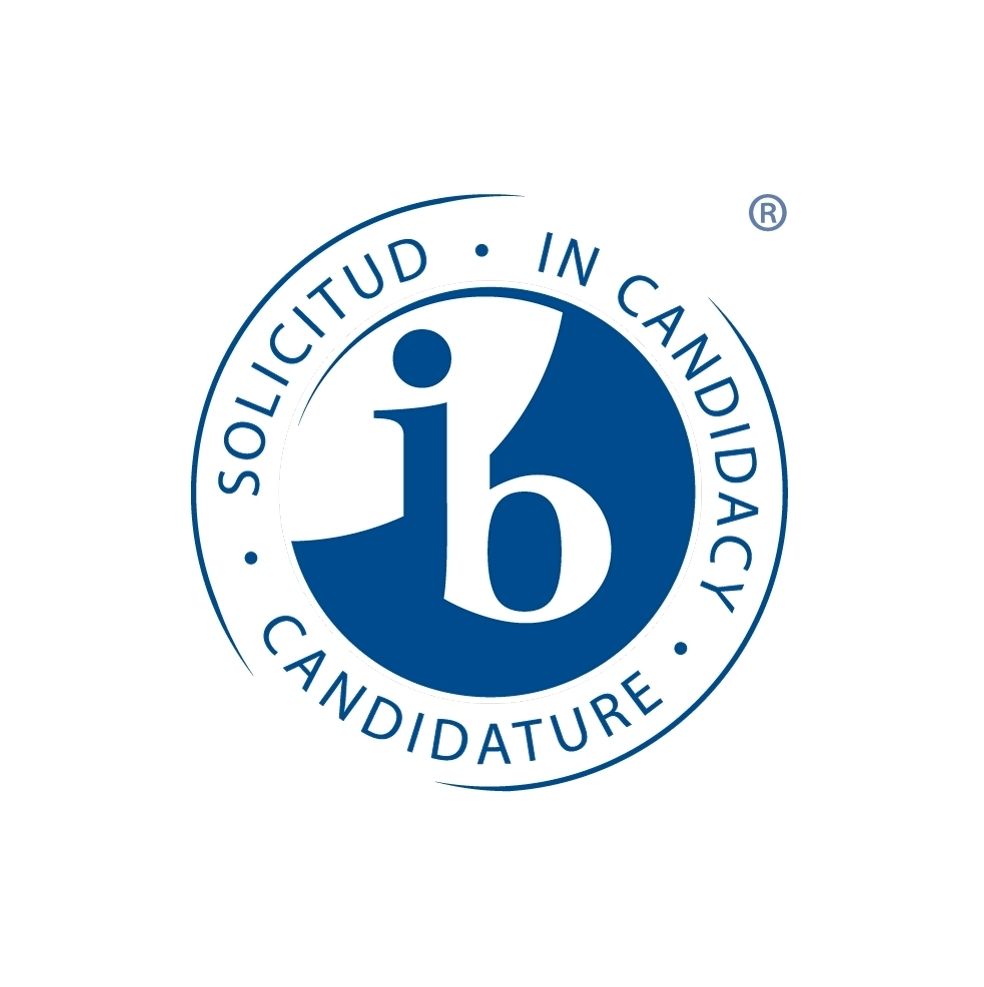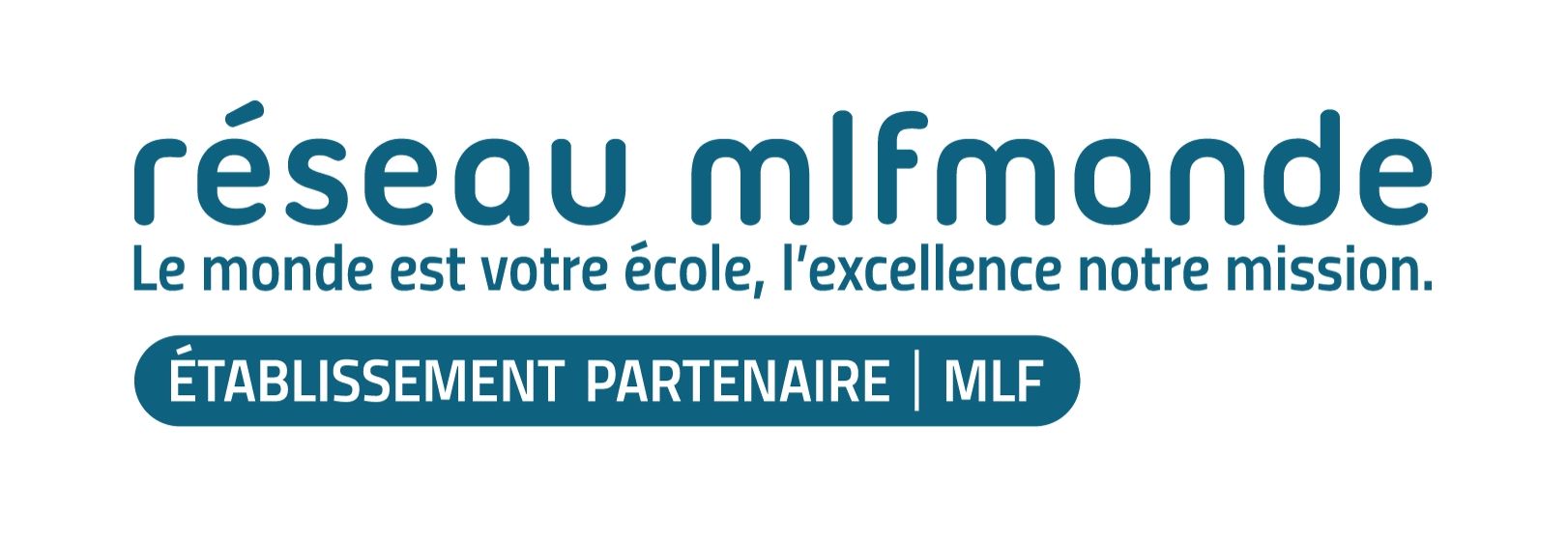MISSION & VISION
2025-2029 SCHOOL PLAN
MISSION & VISION
MISSION STATEMENT
Our mission is to nurture each child’s unique potential in a diverse and inclusive community where every student’s voice is valued. We provide a holistic education that balances well-being, academic excellence, and social responsibility. Through curiosity, critical thinking, and meaningful action, we empower young learners to become compassionate, open-minded, and internationally minded individuals who contribute positively to a peaceful and sustainable world.
VALUES
- Respect: Embracing diversity and empathy.
- Integrity: Promoting honesty and ethical responsibility.
- Excellence: Striving for academic and personal growth.
- Responsibility: Acting with accountability and care.
- Collaboration: Encouraging teamwork and open dialogue.
VISION STATEMENT
Through a rigorous IB PYP framework, a strong multilingual foundation, and rich French, English, Japanese and global cultures, we envision a vibrant and inclusive school community where students flourish as multilingual thinkers, principled communicators, and bridge-builders between cultures locally in Japan, and globally beyond.
SCHOOL PLAN 2025-2029
Preamble
The school project defines the specific conditions for implementing the national education programs (the objectives and guidelines of the French Ministry of National Education (MEN) as published in the special bulletins of March 26, 2015, and November 26, 2015).
It outlines the pedagogical choices of the teaching staff in alignment with the specific needs of the students enrolled, with the aim of ensuring success for all, while also involving parents in these goals.
It also details the extracurricular activities.
The school project is developed by the school’s staff to ensure continuity of learning across different classes. It is implemented for a three-year period.
Context
The COVID-19 crisis and the global economic downturn have shaken families and the network of French education abroad. However, thanks to its strong appeal to both French and international families worldwide, French education can continue to grow. This is essential: families have high expectations, and we will not let them down.
At École Internationale Franco-Japonaise of Tokyo (EIFJ), the only French bilingual school in Japan, offering also programs in English and Japanese, we are committed to cultivating inquiring, knowledgeable, and caring young people who help to create a better and more peaceful world through intercultural understanding and respect. Our official, comprehensive, and bilingual curriculum fosters creative and ethical citizens who are empowered to think objectively, behave responsibly, and shape their own perspectives while respecting others.
Founded in 2019 by parents to meet the needs of families in Japan as a complement to the existing educational offer, EIFJ, with a capacity of 150 students, now serves a diverse community of students from kindergarten through middle school, including an international nursery. Aspiring to obtain accreditation from the French Ministry of National Education, our institution has been issued a Certificate of Compliance from the Tokyo Metropolitan Government, enabling access to Government subsidies. As a candidate for International Baccalaureate Primary Years Programme* (PYP) accreditation, global network of schools, and seeking partnerships with the Lycée Français de Tokyo, other institutions and businesses, we align with the IB and French Ministry standards, developing challenging programs of international education and rigorous assessment.
Embracing a proven educational model implemented in accredited international schools, integrating the French Ministry of Education curriculum and the International Baccalaureate Primary Years Programme* across all classes, EIFJ remains open during holidays, ensuring continuous education in classrooms with a favorable teacher-student ratio that promotes high-quality learning. Our team of certified educators offers a range of programs designed to nurture active, compassionate, and lifelong learners, in a nurturing and dynamic learning environment that supports the growth and development of every student: Nursery Program (Ages 1-3): French, English, Japanese, French bilingual stream +Japanese in Kindergarten, Elementary, & Middle School, English stream +Japanese/French in Kindergarten, Elementary, & Middle School, After-School Activities: For ages 3 to 18, Holiday School, Language Courses for Adults
EIFJ upholds the core principles of freedom, equality, secularism, educational organization, and school governance, and is committed to:
- Complying with the educational and pedagogical principles of French schools.
- Promoting French excellence and fostering Franco-Japanese cooperation.
Our direct instruction in French is aligned with the MEN’s official programs. The school’s foundation reflects the French government’s efforts and the President of the Republic’s call (March 25, 2019 speech) to support the creation of partner schools abroad in order to promote French education and France’s international influence.
Responding to an invitation from EIFJ during the Tokyo Summer Olympics in 2021, the President of the Republic, in a letter dated July 13, 2021, conveyed by his Chief of Staff Brice Blondel, expressed his desire to “highlight the remarkable success of EIFJ, and salute your commitment to promoting the excellence of France and French-Japanese cooperation.”
The school was granted the "ninka gai" status in February 2019 by its supervisory authority, the Tokyo Metropolitan Government (TMG), which allows families of children aged 0 to 6 to receive monthly educational grants of 37,000 yen to 97,000 yen, provided both parents work at least 12 hours per week.
The bilingual nature of the classes, reasonable tuition fees, students’ language development, favorable student-teacher ratio, and family-oriented atmosphere have all contributed to the school’s rapid growth. In a context where other schools are reaching capacity, tuition fees in Tokyo are high, and EIFJ appeals to English-speaking families, it has become, in just six years, a compelling solution for families.
- Governing Body
- Parent-Teacher Association (PTA)
- The school includes an academic director, certified teachers, childcare workers, a school nurse, teaching assistants, FLE/ESL/JSL teachers, administrative staff, school bus drivers, chaperones, cafeteria staff, interns, and extracurricular instructors in piano, violin, saxophone, singing, football, multisports, science, visual and Japanese arts, language classes (FLE, Japanese, English, Chinese, Korean, Spanish), cooking and pastry, homework help, ballet, musical awakening, and strategy games.
- Staff professional development is encouraged.
- The school adheres to sound governance and management principles and offers facilities adapted to needs, special education, and safety standards.
At EIFJ, the rhythm and needs of each child are respected, with limited class sizes or favorable teacher-student ratios. Students come from French, Japanese, or international school backgrounds, with most continuing in the French school system.
After-school activities
There are 18 extracurricular activities, mostly conducted in French: FLE lessons, art, culture, sports, science, educational daycare, piano, violin, saxophone, singing, etc. Other offerings include ESL, Japanese, Chinese, Korean, Spanish, homework support, French-only daycare, ballet, cooking, and pastry.
Results and orientations
For the school leadership, academic excellence is not only an expectation—it’s a necessity. Many families, particularly French-Japanese, expect real progress for their children growing up in multicultural environments where French may be losing ground to Japanese or dominant languages like English and Chinese. Language is central to our approach. The school’s small size and family atmosphere are key assets in providing individualized, high-quality education.
Axis of the 2025-2029 school project
French-English, French-Japanese, English-Japanese and trilingualism is the keystone of the school's philosophy. The specificity of Japanese in Japan for French-Japanese, Japanese and other learners is indisputable, and the school has adapted to this wish of families to maintain this linguistic and cultural specificity.
The Governing Body's wish to keep a family style of the school is driven by its focus on academic excellence in a necessarily adequate environment, so that kindergarten and elementary educations are provided in a demanding and effective way.
Axis 1 : French and bilingualism language proficiency
Priority goals for the school:
- Acquisition of solid language skills in French and in another language
- Allow allophone students to acquire the French language
Actions taken / planned
In kindergarten:
Through the 5 areas of learning that are Mobilizing language in all its dimensions, Acting, expressing oneself, understanding through physical activity and artistic activities, Building the first tools for structuring their thinking, Exploring the world, the student develops their autonomy, their knowledge of the world around them, their language, social and motor skills in a class with an excellent teacher-student ratio.
The educational philosophy of EIFJ Tokyo is to place the students in an active situation, at the heart of their learning. Their cognitive faculties are constantly stimulated by the implementation of playful activities, adapted to one’s level, and progressive. The student learns by playing, observing, manipulating and interacting with his classmates and adults who are facilitators, in bright and fully equipped classrooms (projectors, library, teaching materials, etc.)
In Elementary:
Language development and fluency in French (Japanese and English as well) are one of the priorities of EIFJ program. How to learn in a multilingual, multicultural and multi-level classroom? EIFJ Tokyo rethinks differentiation by setting up a splitting mechanism allowing everyone to progress according to each student’s level and needs. EIFJ “French as a Foreign Language” (FLE) teachers intervene during the French and language study sessions: they take responsibility of the group of students who are new to the French language, as needed, daily and within the framework of a dedicated language learning and consolidating workshop, hence benefiting from the experience of our teachers and teaching methods specific to FLE. This unique mechanism allows these students to acquire sufficient language skills, to return to the main course daily led by the school teacher, and to follow the official program with students whose mastery of French is advanced or in accordance with the expectations of their age. In addition to this remarkable system, intensive courses in FLE (French), ESL (English), JSL (Japanese) as well as other languages are offered every day as part of extracurricular activities.
Selected indicators to assess the effectiveness of the planned actions
Monitoring notebooks, evaluations, data compilation.
Axis 2: An open and family-oriented school
Priority goals for the school:
- To generate more commitment and interest in school among children through the investment of their parents in educational projects.
- Communicate as much as possible with families in order to make them real partners and actors in the educational sphere of children.
Actions taken / planned:
- Diversification of communication supports and tools with parents
- Cultural events with parents
Selected indicators to assess the effectiveness of the planned actions
- Number of visits to the school's website or class blogs, feedback from parents and children, participation in life’s notebooks, school climate, peaceful relationship with parents, children's willingness to tell their parents about their day using the media (posters, websites, life books, etc.)
- Parents' investment, more and more diverse proposals for parents to intervene in the classes.
Axis 3: Continuity of learning
Priority goals for the school:
- Define common projects and actions at all class levels of the school.
- Facilitate the Kindergarten - 1st Grade transition through inclusions all year around.
- Use tools that follow the student to keep track of one’s learning and cultural, artistic, and scientific experiences.
Actions undertaken / planned: Inclusion of pupils of 1st Grade and kindergarten and vice versa
Indicators used to assess the effectiveness of the planned actions: Decrease in the apprehension of parents and children about transitioning to CP, pleasure of CP children to share their knowledge with the little ones.
Actions undertaken / planned: cultural notebook and scientific notebook
Selected indicators to assess the effectiveness of the planned actions: consultation of the notebook by children and parents, facilitation of scheduling logic and communication
Actions undertaken / planned: Artistic and Cultural Education course
Selected indicators to assess the effectiveness of planned actions: cycle coherence and school-extracurricular articulation on artistic and cultural contributions and discoveries
Actions undertaken / planned: school exhibitions by theme
Selected indicators used to assess the effectiveness of planned actions: mobilization of parents to see the exposure, awareness of belonging to the same school group among children and parents.
Appendix
School life in the school is rich in discoveries, initiatives, and the development of talents. The entire school team, creative and imaginative, strives to offer both students and parents interesting events to promote learning and contact with reality, quality human relations, the expression of emotions and of all talents.
The past or current partnerships of the French-Japanese International School are oriented not only towards the social actors of the city of Tokyo, French, French-Japanese, Japanese and international, but also towards local and national authorities, civil society (artists, entrepreneurs, business community). Exhibitions, student exchanges, joint festivals, joint sporting events, cultural events, the organization of seminars relating to the business world, a particular sensitivity for psychology, motherhood, education, sport, health, culture, and invitations from various personalities: the French-Japanese International School in Tokyo is driven by a societal ambition along with the LFIT where each community can meet to discuss. Participating in building the families of tomorrow in a country where the French community is established with respect for the local culture and the desire to make French the main foreign language in Japan, along with English, is our goal.
Communication
EIFJ has maintained a strong social media presence since its founding, followed by elected officials and influential figures in France, Japan, and Europe. Our constantly growing presence on Instagram, Twitter, and Facebook promotes French culture and language in Japan. The school plans to expand its digital outreach even further.
IT and ICT
The French-Japanese International School is very committed to providing its students with state-of-the-art computer tools, as well as access to computer knowledge, by teaching coding and other sciences to its students. The occasional use of tablets, and the organization of extracurricular or intracurricular scientific visits intensify the desire of the French-Japanese International School to extend the use and learning through computer tools.
Projects
- Boarding school
- Vocational pathway
- Annual “Education Forum”
- Awareness program on students’ rights and responsibilities in Japan
- Free use of EIFJ premises by local associations
- Involvement of French Embassy and elected representatives in the school council
*Ecole Internationale Franco-Japonaise is a candidate school** for the PYP. This school is pursuing authorization as an IB World School. IB World Schools share a common philosophy- a commitment to high-quality, challenging, international education- that we believe is important for our students.
**Only schools authorized by the IB Organization can offer any of its four academic programmes: the Primary Years Programme (PYP), the Middle Years Programme (MYP), the Diploma Programme (DP), or the Career-related Programme (CP). Candidate status gives no guarantee that authorization will be granted. For further information about the IB and its programmes visit
http://www.ibo.org.





